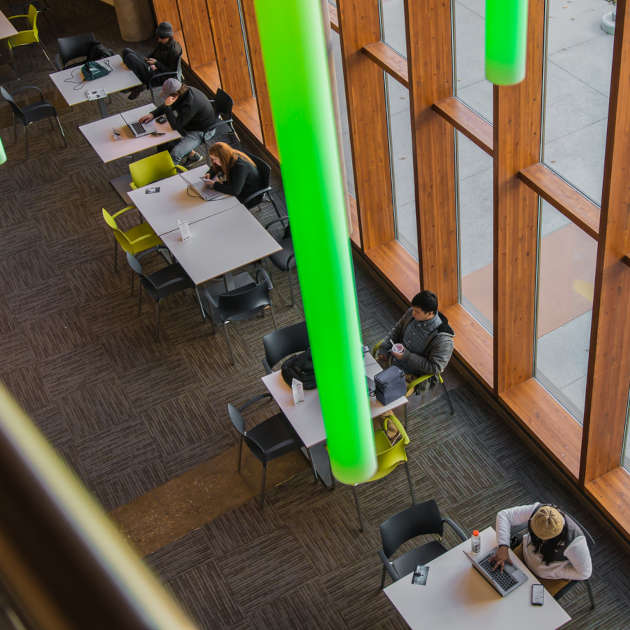We had the opportunity to visit the Bank of Korea Museum that had been built in 1912. The tour of the facility was informative, showing how currency is manufactured, as well as the history of currency in Korea.
After the tour, we received an overview of the macroeconomic environment in South Korea from Professor Jung Yung-taek, BOK director general. Some data in his presentation was quite a contrast from the banking and finance research done prior to the trip. We learned that the forecasted economic growth rate for the next two years is less than 3 percent.
Unemployment is roughly 3 percent overall (10 percent for youth). The youth (age 15 to 30) are becoming particularly selective in the type of employment that they will accept — aiming for better white-collar jobs at larger companies and choosing not to work in the meantime. We observe a similar trend in the U.S. among the millennial generation. If this “entitlement” trend continues — combined with the additional factor of low birth rates — who will look after the elderly population? This will ultimately resemble the Chinese 4-2-1 problem, where the two parents in the middle are having to support their child for longer than they had planned, as well as take care of four aging parents of their own (as they have no siblings with whom to share the responsibility).
Due to political instability, economic sentiment for consumers and for businesses is down.In addition, due to the heavy reliance on foreign trade, the Korean economy is vulnerable to economic trends that affect its trading partners, including the U.S. With low projected economic growth, low inflation (2 percent in 2016), declining exports and even further declining imports, South Korea is currently less attractive as an investment atmosphere than Vietnam.
The middle-class population of Vietnam is about to start spending more money, while the South Korean population is dealing with 3 percent growth since the global financial crisis. In talking to South Koreans, there is no perceived threat from North Korea as the situation is normal — rather the threat is internal economic uncertainty due to the ousting of the recent president.
The other threat facing South Korea is the up and rising super power, China, which is stifling growth to other nations in the Asian region and claiming surrounding islands as its own. South Korea could be a target for takeover by China should it become more aggressive in its border expansion. This may be a time to study South Korea, for investment at a later date.
– Written by: Omer Abrar, Imraan Husain, Janeth Okoronkwo, Howard Patty, Sam Van Amburgh and Kirt Williams




